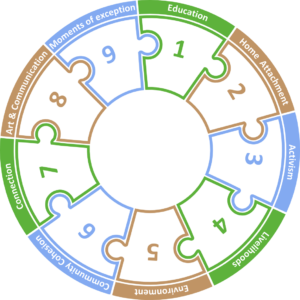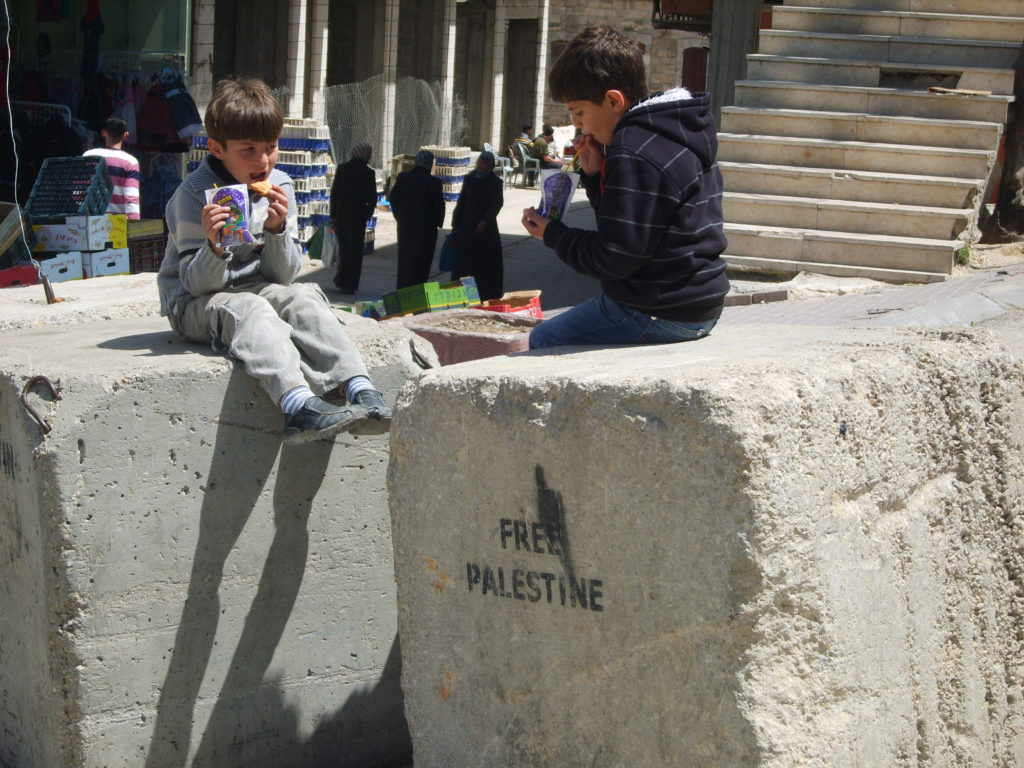Resilience is often defined as the ability of individuals, groups and communities to maintain positive development despite challenging living conditions, in a way that corresponds to their values and their environments.

Resilience encompasses three types of capacities: absorption (survival), adaptation (adaptation of lifestyle to the present context) and transformation (of the environment due to the current situation). The three forms are complementary and necessary; however, to find lasting solutions, we must strive, as much as possible, towards transformative resilience. Resilience will then become a long-term, localized and proactive process.
CERAR promotes and reinforces this transformative resilience through capacity building of choices and initiatives – for local groups and associations, and for community mobilization. To build this resilience, it is necessary to have a good basic understanding of the local contexts and the main factors that can contribute to development in specific environments, to understand how a balance between these factors can be established for development and sustainability. It is, therefore, through action research that CERAR integrates local knowledge to strengthen transformative resilience.
